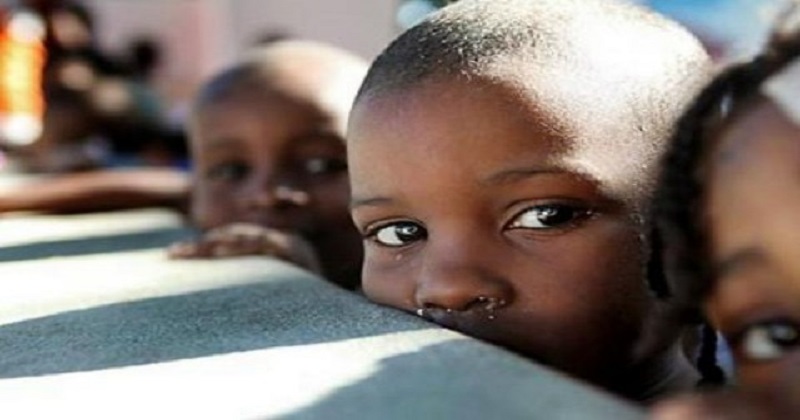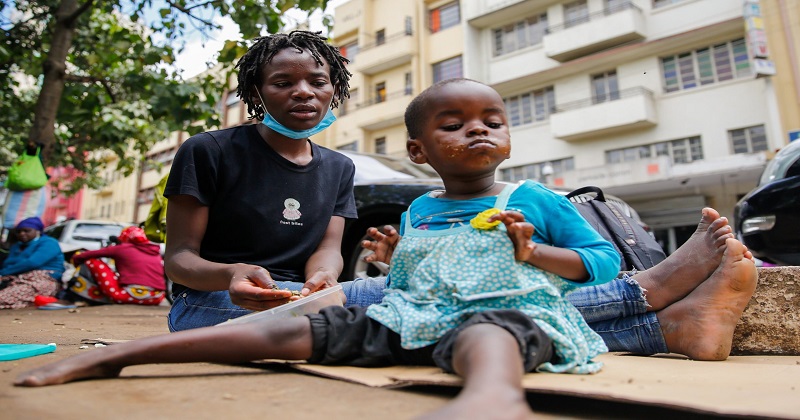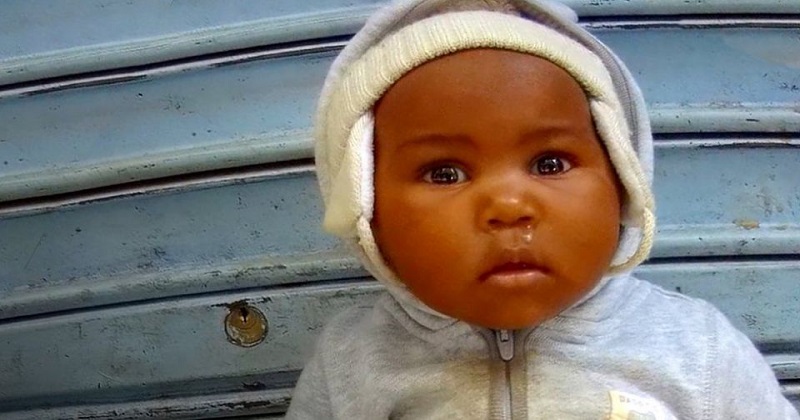
Child exploitation takes place in different conditions in Kisumu, Nairobi, and Mombasa. These comprise domestic enslavement like forced work in supermarkets, hotels, and restaurants; compelled begging on the streets; sexual exploitation; and forced marriage. Mothers wake up every day to frivolity but the recollections of their lost kids. Stumbling to remember the little fragments of their missing children in a world that inspires them to forget and move on.
Sh45,000 in Kenya can signify rent for people and while for others, it means three months’ salary. For some people, it describes an exceptional windfall while for others motionless, it symbolizes what they spend on a night out. For yet another group of Kenyans though, this amount of money is the asking price for nabbing a newborn from its mother and putting it into the hands of another woman in Nairobi’s underground baby stealing and trading syndicate.

Common forms of fraud used by traffickers are of well-paid jobs and free education. Online grooming and kidnapping are also common. Sex tourism fuels the sexual exploitation of children in Kenya and is most prevailing in Mombasa and Nairobi. Children are groomed and targeted online and compelled to work in brothels. Parents and children are also hovered directly in the community or through social media with proposals of work in swap for expense of education. Traffickers trick those from low-income areas such as Mukuru, Mathare, and Kibera dumps in Nairobi and traffic children for sexual exploitation to places such as Westlands. In Kisumu, sexual exploitation in brothels is typicalas truck drivers will pass through these rural areas at night.
Nairobi’s Kayole Estate is a combination of life itself. Within it lie the yearnings and dreams of a population brought to life by the brave spirit of some of its sons such as BET Awards Nominee Kaligraph Jones. Within it too lies explicit expressions of sorrow such as the formation of fierce criminal gangs. Within it too lies extrajudicial slayings and implemented disappearances that punctuate everyday fact in this commune that lies 20km East of Nairobi’s Central Business District. Somewhere between this mosaic of life, an underground baby-selling racket exists as well.
Now, a year-long investigation by the BBC Africa Eye discloses the complex functions of this baby buying and selling syndicate that loots children from homeless women, poor and often single mothers in informal settlements before giving them off to the highest bidder.
The racket entangles trusted members of the community, well-placed government officials including employees in public hospitals in a trade that has stolen hundreds of women of their children for the financial benefit of a few leaving behind a course of pain and despair. Helpless women are being preyed on in Nairobi to feed a profitable black market for babies. Over the period of a year-long probe, Africa Eye has found proof of children being nabbed from homeless mothers and sold for massive profits. They revealed illegal child trafficking in street clinics and babies being robbed to order at a major government-run hospital. And to disclose those abusing government positions, we arranged to purchase an deserted child from a hospital official, who used legitimate paperwork to take custody of a two-week-old boy before selling him directly to us.
The baby-stealers vary from vulnerable opportunists to organized criminals often both elements working together. Among the opportunists are women like Anita, a heavy drinker and drug user who herself lives on and off the street, and makes money stealing children from women like Rebecca targeting mothers with infants under the age of three.Africa Eye found out about Anita through a friend of hers, who wanted to remain anonymous. The friend, who asked to be called Emma, said Anita had different methods for snatching children on the street.”Sometimes she will speak to the mother first, to try and see if the mother knows what she plans to do,” Emma said. “Sometimes she will drug the mother, give her sleeping pills or glue. Sometimes she will play with the kid.”Anita has a lot of ways to get kids.”

Posing as potential buyers, Africa Eye set up a meeting with Anita in a pub in downtown Nairobi frequented by street sellers. Anita told us she was under pressure from her boss to steal more children, and she described a recent abduction. In reality, once Anita has sold a child on, she knows little about their fate. She sells them to the businesswoman for 50,000 shillings for a girl or 80,000 shillings for a boy, she said £350 or £550. That is roughly the going rate in Nairobi to steal a child from a woman on the street.
Soon after the first meeting, Anita called to set another. When we came , she was sitting with a baby girl who she said was five months old and she had just grabbed moments before, after succeeding the mother’s trust. Anita said she had a buyer lined up to buy the girl for 50,000 shillings. Emma, our source, endeavored to intervene, saying she had been introduced to a buyer who could pay 80,000. A meeting was set for 5 pm. Because a child’s life was in danger, Africa Eye informed the police, who set up a sting operation to arrest Anita and rescue the child, once our buyer had met her. It was likely to be the last opportunity to secure this baby girl before she disappeared.But Anita never showed up, and despite trying for days we were unable to find her. Weeks later, Emma finally tracked her down. She told us Anita said she had found a higher bidder and used the money to build a two-room, tin-sheet house in one of the city’s slums. The child was gone. The police still have an open file to find Anita.
The penalty for child trafficking in Kenya is abrupt. A person found guilty is liable to imprisonment for a term of not less than 30 years or a fine of not less than Sh20 million or to both and upon subsequent conviction, to imprisonment for life.

Post Your Comments